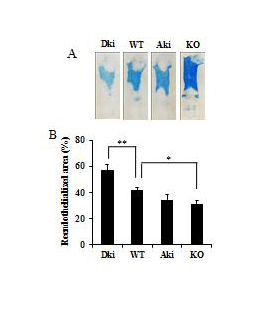
Figure 1: Circulating EPCs before and after arterial injury
A, Representative histograms of flow cytometry analysis of circulating c-Kit+/
Flk-1+ cells, which were significantly increased in the blood of Dki mice. B and
C, Kinetic alterations of circulating c-Kit+/Flk-1+ cells and Flk-1+ cells before
and after injury at the indicated time points, determined by flow cytometry.
*P< 0.05; **P< 0.01, vs. indicated groups; #P< 0.05 vs. EPCs level before injury
(n=4-7/group).



